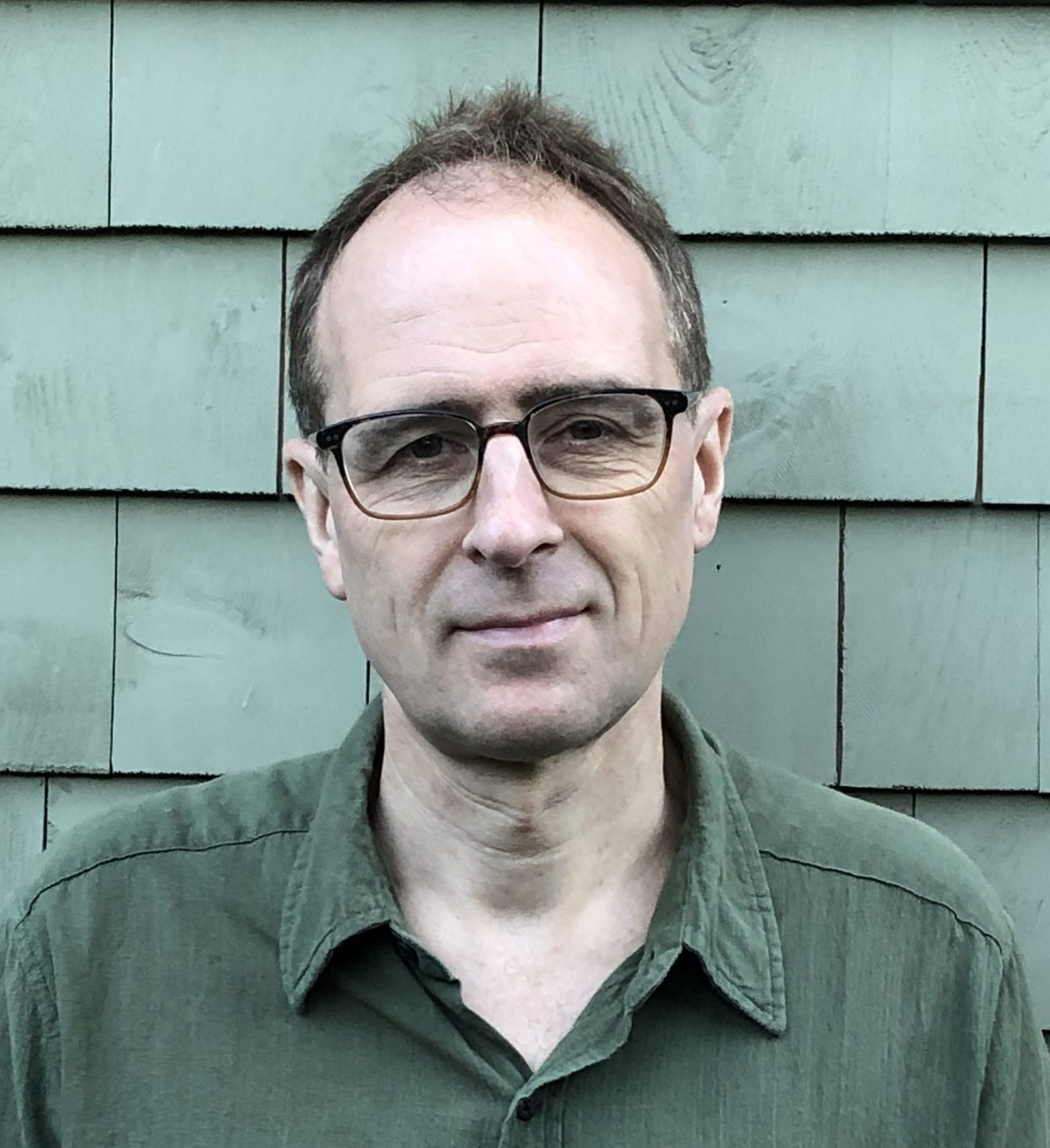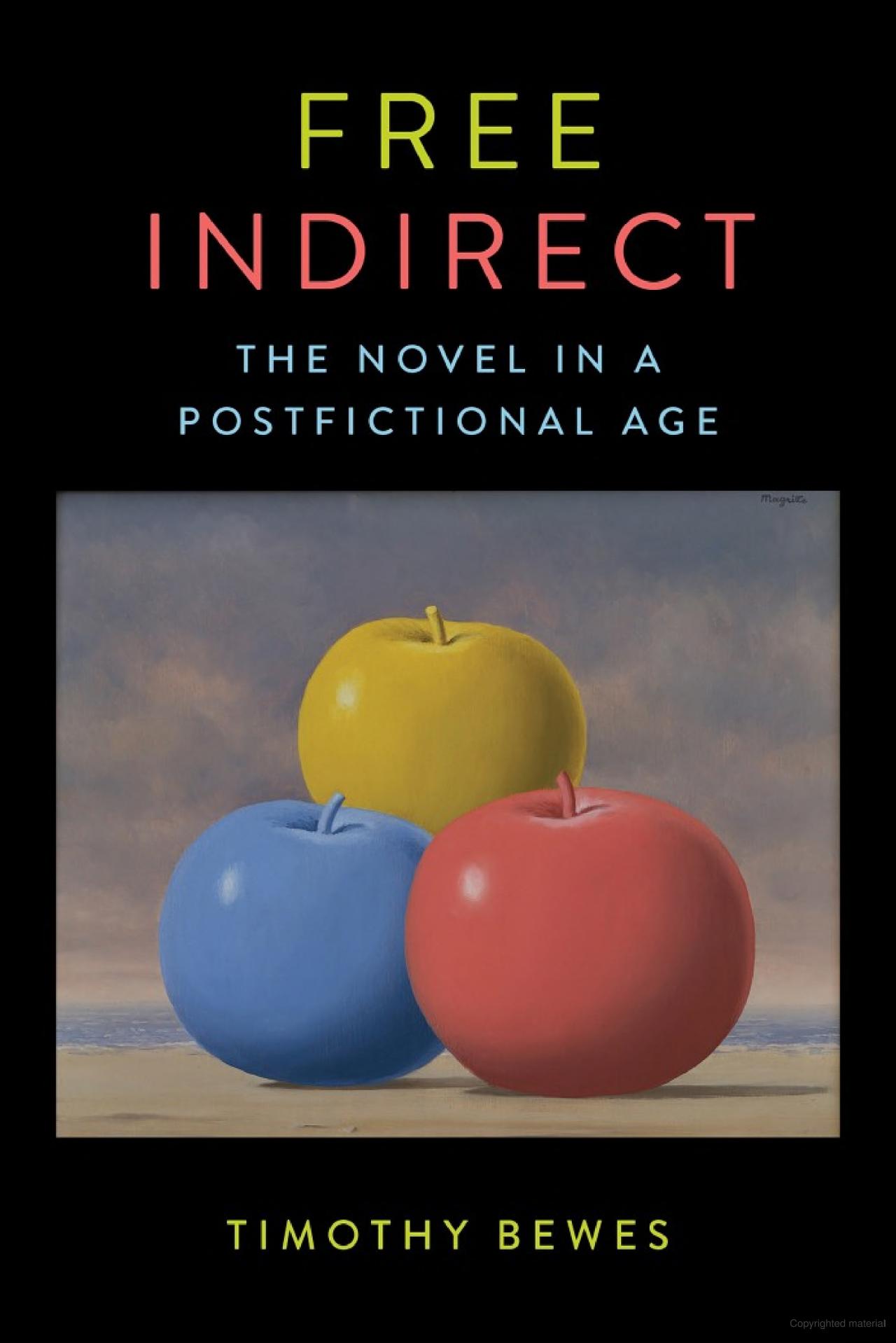 PROVIDENCE, R.I. [Brown University] — Timothy Bewes, a professor of English at Brown University, has won the National Book Critics Circle Award in the criticism category for his 2022 book “Free Indirect: The Novel in a Postfictional Age.”
PROVIDENCE, R.I. [Brown University] — Timothy Bewes, a professor of English at Brown University, has won the National Book Critics Circle Award in the criticism category for his 2022 book “Free Indirect: The Novel in a Postfictional Age.”
The prestigious annual awards recognize six of the year’s finest English-language books — one each in fiction, nonfiction, biography, autobiography, poetry and criticism — and are selected following extensive deliberation among committees of esteemed book critics. Past winners in the criticism category include Susan Sontag, John Updike, Zadie Smith and Alex Ross.
“Bewes has produced a work for the ages — an intervention in critical theory that will forever change the way we read fiction,” Jennie Hann, a member of the National Book Critics Circle’s board, wrote on the organization’s website earlier this year. “[It] is a densely-packed volume that erupts with insight on every page.”
Bewes’ “Free Indirect,” published by Columbia University Press in 2022, develops a new theory of the novel for the 21st century. In the 20th century, Bewes explained, two famous injunctions — E.M. Forster’s “Only connect…” and Fredric Jameson’s “Always historicize!” — led many to assume that a novel’s purpose was to draw connections between the story at hand and a particular moral or ideology. This longtime assumption has turned novels into marketing tools for politicians and corporations — members of the Republican Party, for example, often invoke Ayn Rand’s “Atlas Shrugged” in a bid to win votes and influence people, and organizations such as the Humane Society and PETA have quoted Upton Sinclair’s “The Jungle” in an attempt to advance their animal-rights efforts. Even literary critics, according to Bewes, assume that their task is to draw out connections and meanings that novels themselves leave implicit.
 But today, Bewes said, a new generation of novelists — including Smith, J.M. Coetzee, Rachel Cusk and W.G. Sebald — is refusing to present their stories in the context of a prevailing ideology, making it impossible for theorists or critics to conclude exactly what their novels “mean.” In “Free Indirect,” Bewes argues that this new wave of authors is demonstrating that a novel doesn’t have to “mean” or “say” something larger than itself in order to be called a novel — and that, in fact, the very thing that gives a book a “novelistic” quality is its ideological ambiguity.
But today, Bewes said, a new generation of novelists — including Smith, J.M. Coetzee, Rachel Cusk and W.G. Sebald — is refusing to present their stories in the context of a prevailing ideology, making it impossible for theorists or critics to conclude exactly what their novels “mean.” In “Free Indirect,” Bewes argues that this new wave of authors is demonstrating that a novel doesn’t have to “mean” or “say” something larger than itself in order to be called a novel — and that, in fact, the very thing that gives a book a “novelistic” quality is its ideological ambiguity.
“The real thought of the novel, a thought I call ‘free indirect,’ is a kind of thought cut off from characters, narrators, even readers,” Bewes said. “It’s thus a form of thought that is antithetical to the tendencies of the contemporary world to turn everything, even ideas and quandaries, into identifiable — and thus marketable — objects.”
Bewes said news of the award came as a gargantuan, but pleasant, shock. His was one of only two works of literary scholarship on the criticism category short list, and he didn’t think it stood a chance alongside the category’s other large-selling, non-academic titles.
“Right now, we are in the midst of a national conversation about the value of an undergraduate English degree,” Bewes said. “But those of us who work in literary studies know that literature is the place where a certain kind of unique thinking happens in the university… Literature is able to think directly both the utility of concepts and their limitations, and to do so at the same time. For that reason, the fact that the National Book Critics Circle recognized this book at this time means more to me than I can possibly say.”